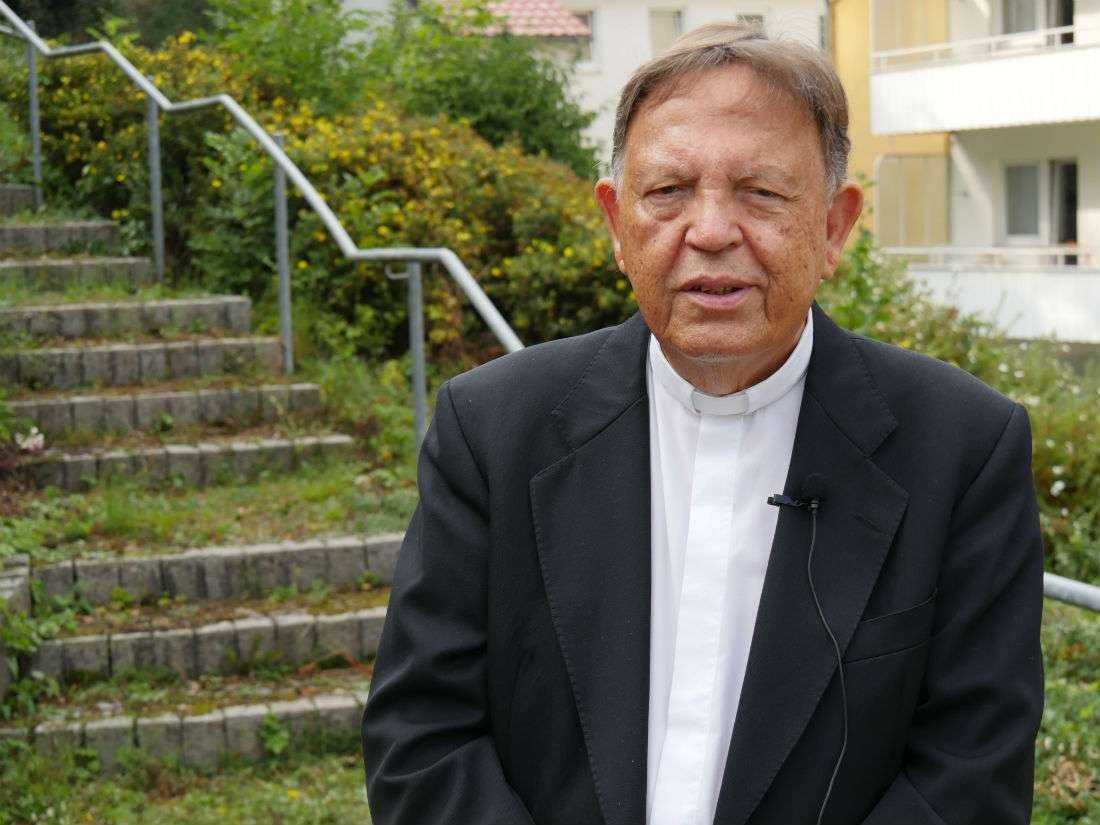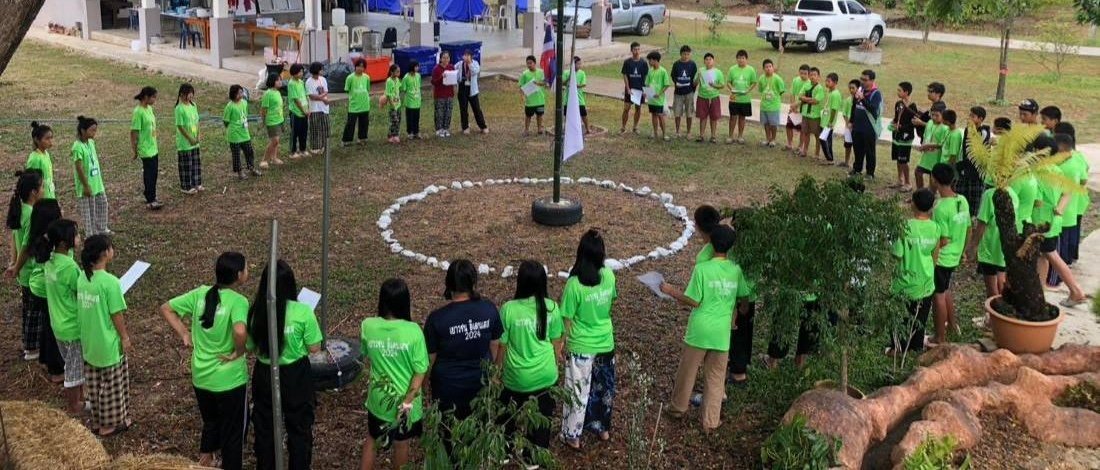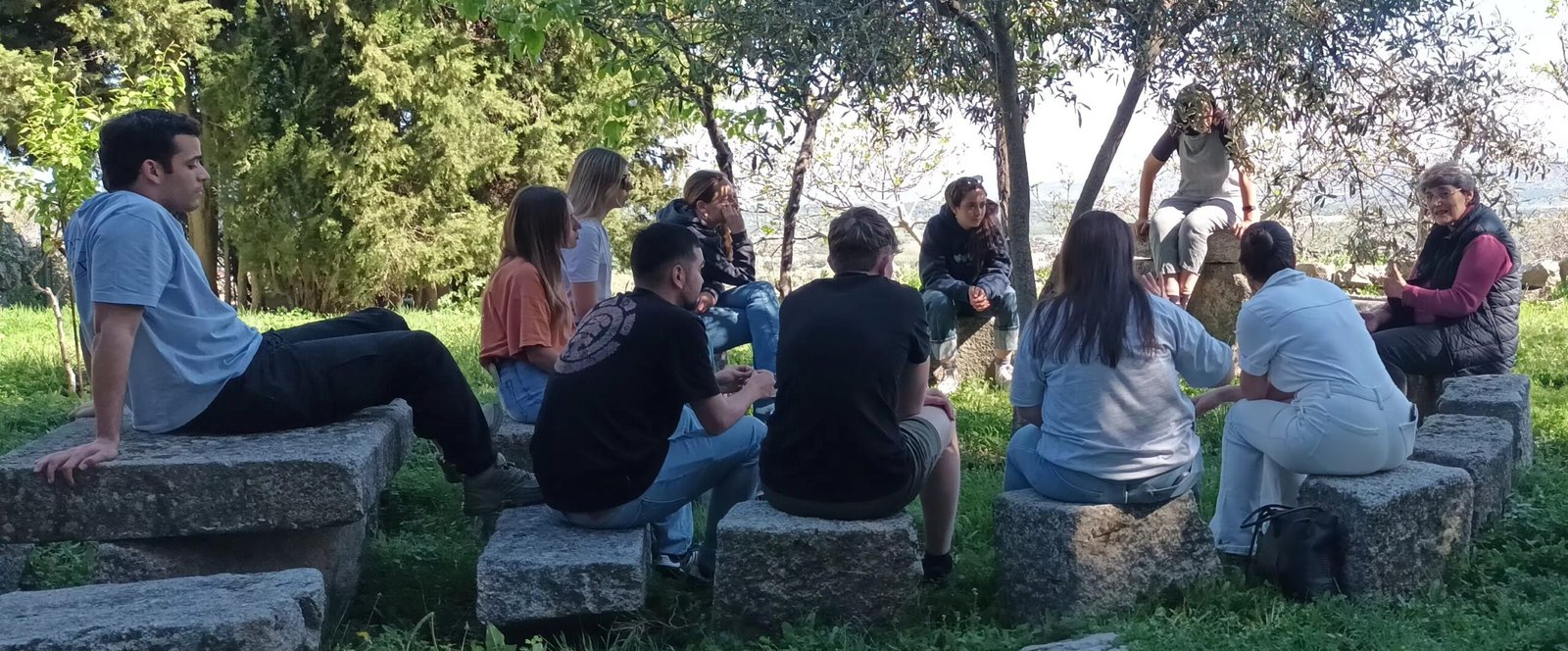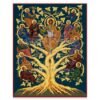
Christ’s words to the Samaritan woman:
“If you only knew the gift of God and who it is that tells you: “Give me a drink! You would ask him and he would give you living water.
“It is a water that leaps to eternal life,”
as it says in the Gospel of St. John. These words of Christ are related to the Gospel of St. Matthew that says:
“For whoever does the will of my Father in heaven is my brother and sister and mother.”
Christ does not impose his will, he is not imposing it on the Samaritan woman, nor is the Father. But sometimes we have a heart of stone to let ourselves be pierced by the words and the seductive power of Christ’s love. It is a matter of confessing Christ fully, and not just confessing him, trusting him.
Trust in His word, in the loving will of the Father, because Christ is always addressing His Father. In other words, that means: tranquility, patience, calm, serenity, in short, abandoning ourselves into his hands. This is what Christ is asking the Samaritan woman at the well. Let us do with faith and hope everything possible to understand his will as we say in the Our Father, then he would give us of that water of his loving will, that which leaps to eternal life.
When we read the thirteenth chapter of the first letter to the Corinthians of Paul, where it says that Charity is patient, it is benign, actually we have to think that he who is patient, the true patient is Christ. Christ is patient, Christ is benign and can be observed in the language through the dialogue of Christ with the Samaritan woman.
What is Christ doing with the Samaritan woman? An authentic pedagogy of what it is to confess the faith, to confess the Father. He is taking this woman from her passions, from her defects, from her daily life, to the supernatural life and only for love. Christ, knowing the life of that woman, teaches her the way of peace and generosity. Christ speaks to the Samaritan woman about grace, which is a waterfall that leaps from her heart to eternal life. With these words He breaks the evil chain of that woman who is tied to hatred, tied to revenge, to resentment, to a life full of shadows. It is that Christ who says to that woman:
“But the hour is coming, and now is, when the true worshippers shall worship the Father in spirit and in truth.
It is no longer a question of fighting or that kind of debate, whether God is in the temple or in the mountain according to the tradition of the Samaritans. And the woman answers:
“I know that the Christ will come, the Messiah, when he comes, he will give us everything. Christ says to her: It is I, the one who speaks to you”.
Many times we ask Christ for things. He is telling us, “It is I who am within you. It is I who am offering myself to you. In that town many believed in Him because of the testimony that the woman had given. This is the testimony of a woman who became the true face of love. The Samaritan woman is a woman who suffered because of her way of life, like so many people who sometimes impose absurd and sometimes atrocious sufferings on him or herself.
Grace, that which Christ offers us, breaks the chain of violence, that chain on both the physical and psychological level. The Father has created the person, man and woman, for Peace, for justice, for happiness, as the Beatitudes say. Christ prefers to bear the worst sufferings before any of us do. The Father has created man for the good. Another thing, a consequence of original sin and our own tendencies and of being within a deformed world just like ourselves, is that we fall into this situation. We can only think with horror of how people have been able, by abusing their own freedom, to become entangled in a chain full of injustices and, and as I said before, atrocities.
Possibly, that woman who had possibly been abused and offended, became, or Christ made her, a true apostle, as He can do to each of us, in spite of our miseries, faults and sins.













